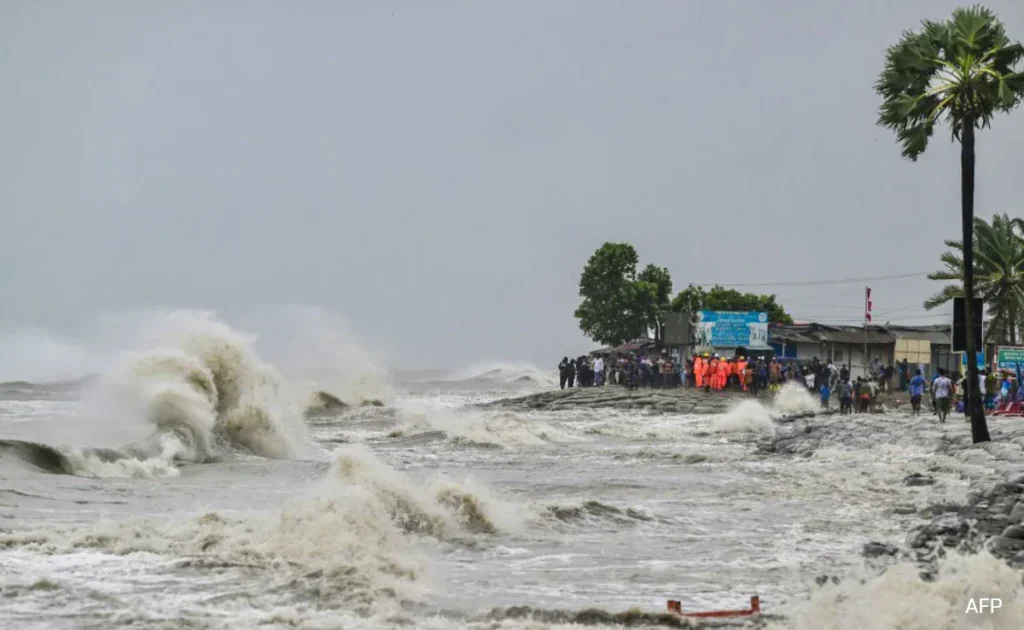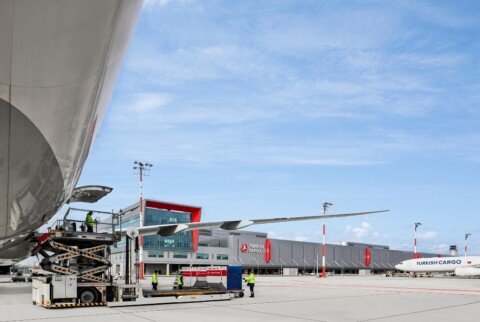Cyclone Remal, classified as a very severe cyclonic storm by the meteorological department, made landfall along the coasts of Bengal and Bangladesh on May 26, causing significant disruptions to sea and air cargo operations in the region. With wind speeds ranging from 110 km/h to 120 km/h and gusts up to 135 km/h, along with heavy rainfall, the cyclone necessitated extensive safety measures and operational halts at major ports and airports.
Chittagong Port, a critical maritime trade hub in Bangladesh, experienced a complete shutdown due to Cyclone Remal. The Chittagong Port Authority (CPA) issued ‘Alert No. 4’ – the highest level – suspending all port activities to ensure the safety of ships and personnel. Consequently, 68 commercial vessels were moved to the deep sea to avoid damage from the cyclone’s strong winds and high waves. By Saturday night, 49 bulk carriers had vacated the outer anchorage, halting unloading operations. By Sunday morning, an additional 19 commercial vessels moored at the jetty were pushed into the deep sea. The CPA took measures to secure all cranes, cargo, and container equipment, deploying extra security personnel and medical support. All inland vessels were brought to safe shelters within the inner harbor. A planning meeting was scheduled to assess and implement recovery operations following the cyclone.
Kolkata Port also faced significant disruptions due to Cyclone Remal. All cargo and container handling activities were suspended for 12 hours as a precaution against the cyclone’s severe conditions, temporarily halting the flow of goods.
The cyclone’s impact extended to air cargo operations, particularly at Kolkata Airport. The airport suspended operations for 21 hours, leading to the cancellation of 394 flights, including both passenger and cargo flights. This suspension affected the timely delivery of goods and caused logistical challenges for businesses relying on air freight.
Both India and Bangladesh undertook extensive emergency measures to mitigate Remal’s impact on logistics and safety. Over one lakh residents from low-lying coastal zones were evacuated to safer areas. The Indian Coast Guard and Navy broadcast alerts and deployed ships equipped with disaster relief and medical supplies. The Bangladesh Inland Water Transport Authority (BIWTA) suspended all river transport to prevent accidents, affecting inland cargo movement.
The India Meteorological Department (IMD) and Bangladesh’s Met Office issued high-level danger signals, warning of potential damage due to high wind speeds and heavy rainfall. These warnings prompted the suspension of port and airport operations, significantly affecting cargo logistics.







